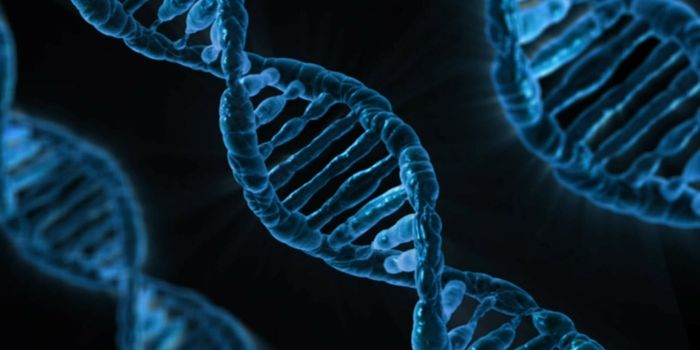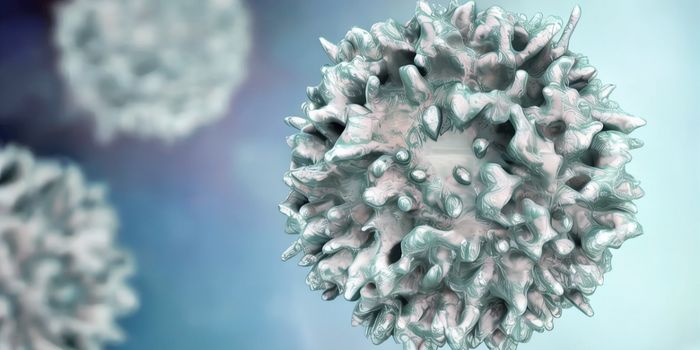“Second cancers are on the rise,” according to an article by Marilynn Marchione, AP medical writer, that appears in
Bioscience Technology . “Nearly one in five new cases in the U.S. now involves someone who has had the disease before.”

Second cancers involve a different tissue type or a different site, not a recurrence or spread of the original tumor. One woman in suburban Philadelphia has had eight types of cancer over the last two decades, all treated successfully.
According to a recent study, about 19 percent of cancers in the United States now are second-or-more cases, as compared to 9 percent in the 1970s. During that period, the number of first cancers rose 70 percent, but the number of second cancers rose 300 percent. Some people consider this fact a partial success story: more people are surviving cancer and living long enough to get it again, because the risk of cancer rises with age.
The article explains that second cancers also can come from the same gene mutations or risk factors, such as smoking, that triggered the first instance. It also says that some of the treatments that enable people to survive their first cancer, such as radiation, can elevate the risk of getting a new cancer later in life, although treatments have “greatly improved in recent years to minimize this problem.”
Psychologically, the second cancer diagnosis can be more traumatizing than the first. Medically, they pose special challenges. Treatment choices could be more limited, because radiation is not usually applied to the same area of the body more than once. Certain drugs have lifetime dosage limits to avoid nerve or heart damage to the patient.
According to Dr. Alan Venook, a colon and liver cancer expert at the University of California, San Francisco, "The body has a memory for the radiation or chemotherapy" and can't endure too much of the same type. He explained that a second cancer means that doctors must assess genetic risk to the patient and possibly the family. "We've failed if a woman who had a BRCA1 mutation and had breast cancer develops colon cancer," he said. The gene mutation indicates that the patient should be monitored and screened often enough for other cancers to have any precancerous colon growths removed.
Experts have this advice for cancer survivors: have a formal survivorship plan, a blueprint for the future that includes a detailed summary of the treatment you received and what kind of monitoring is needed; don't neglect screenings for other forms of cancer besides the one you were treated for; get recommended tests such as colonoscopies, mammograms or HPV or Pap tests; and understand that treatments improve every day, and there are more resources for support.









